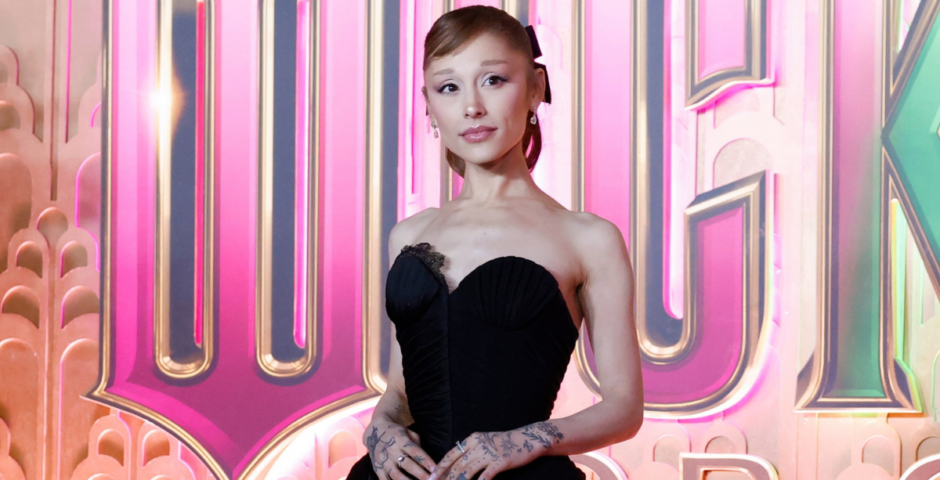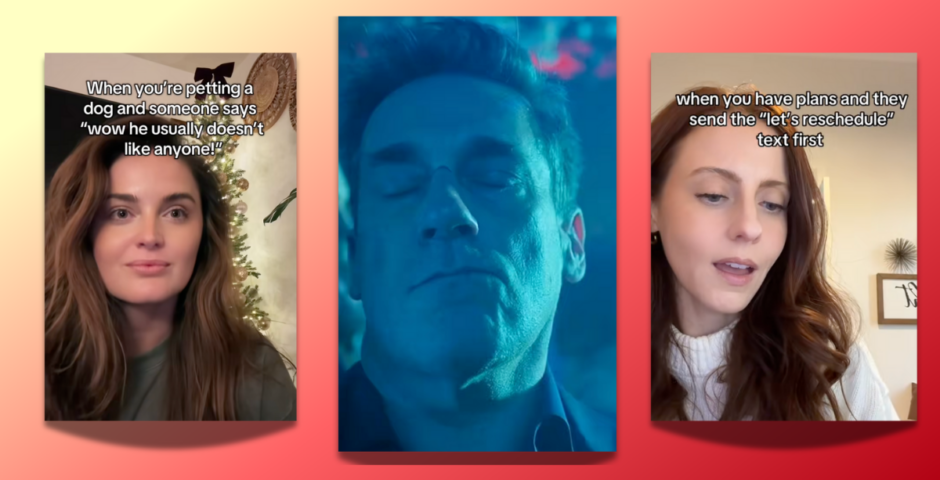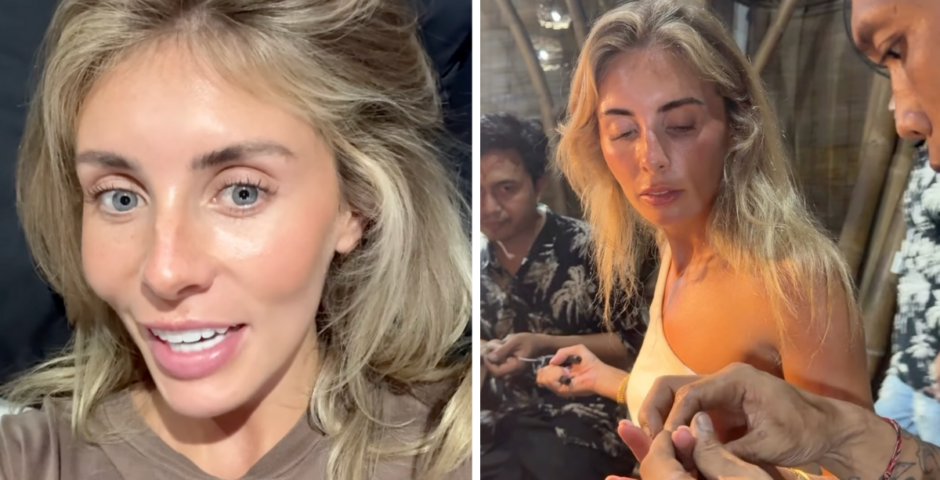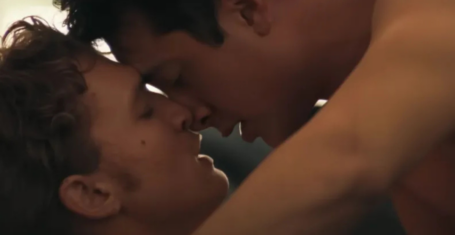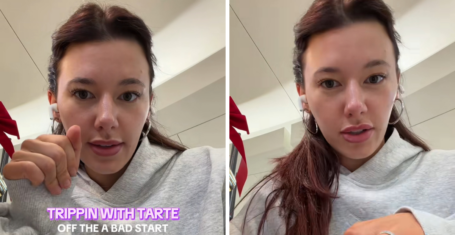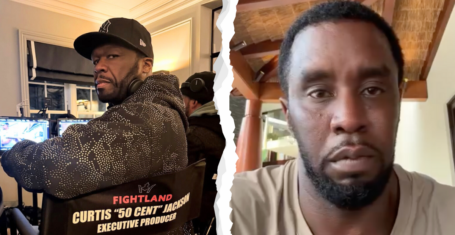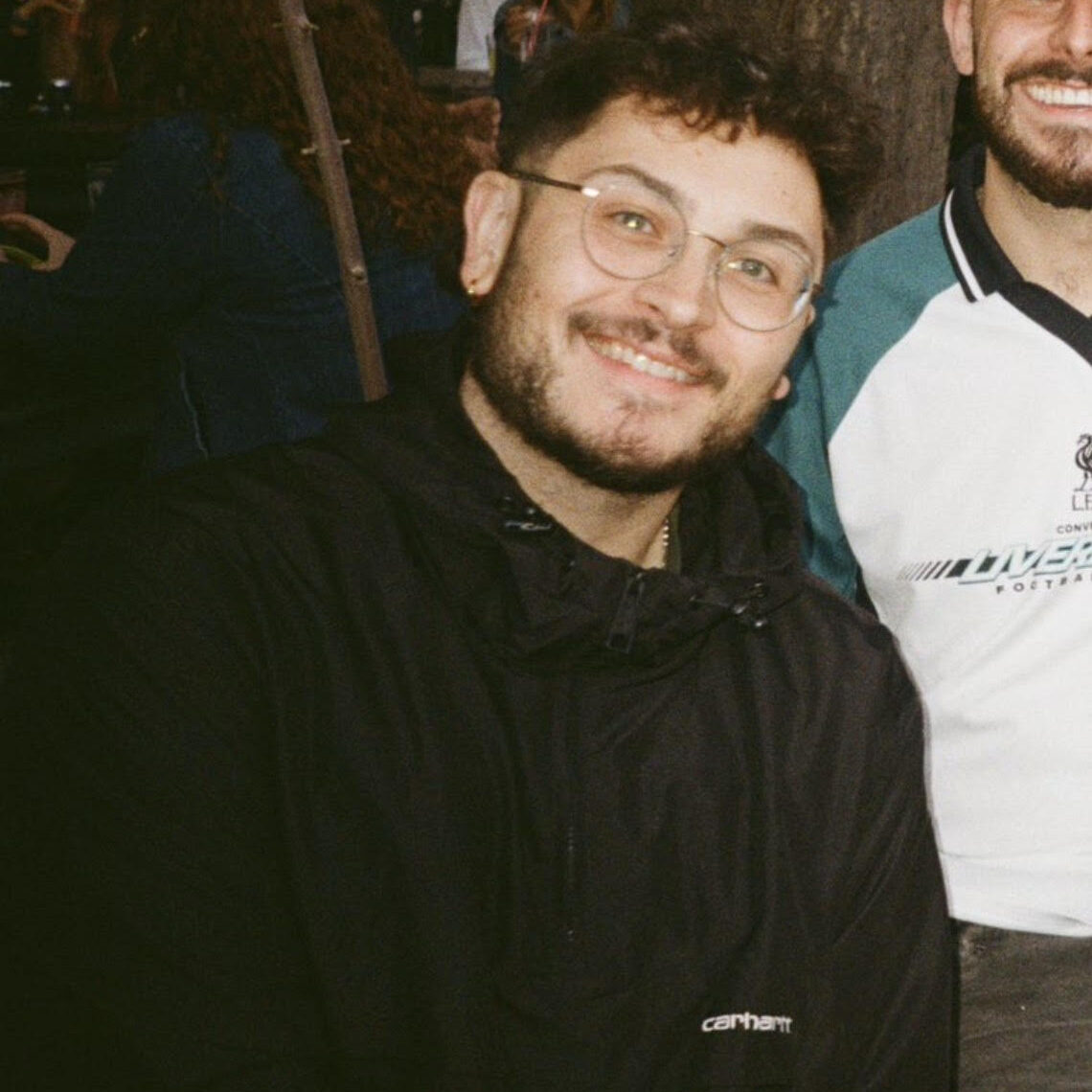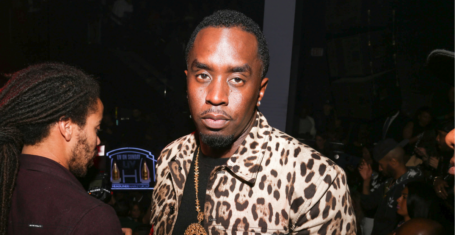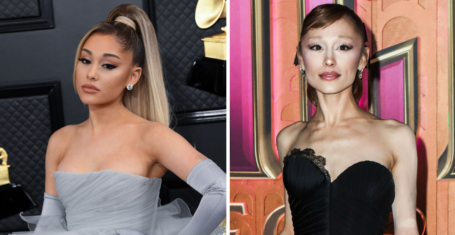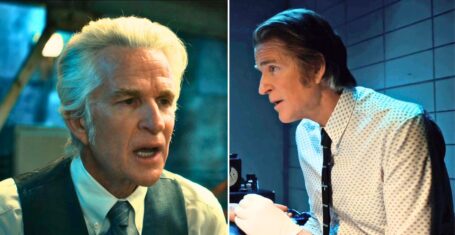
It’s unsurprising Russell Brand’s accusers preferred to speak to journalists than police
The Met has been found to be institutionally misogynistic
A string of allegations were made against Russell Brand this weekend. Claims of rape, sexual assault and emotional abuse by four women during a period from 2006 to 2013— the height of his career as a comedian and TV presenter. He categorically denies everything.
Since the allegations broke, the internet has been divided into several camps: Those who believe women, those who believe in innocent until proven guilty, and steadfast defenders— who’re calling The Sunday Times and Channel 4 Dispatches documentary “big media’s attack” on Russell Brand for “speaking out” against the press on his YouTube channel.
But, repeatedly, there is confusion over one thing: Why Russell’s accusers felt more comfortable speaking to The Sunday Times than the authorities. “If it’s true then why didn’t they tell the police,” wrote one person on Twitter. “I’m not comfortable with trial by media,” added another.
The only thing making me doubt this is that I don't understand why a woman would talk to a journalist but not report Russell Brand to the Police.
I never really understood why women were attracted to him in the 1st place. Always seemed off. https://t.co/GgPNy08HTB
— Jim Kavanagh (@Jimbokav1971) September 16, 2023
But it’s not surprising these women felt more comfortable talking anonymously to a journalist than to the police. The Met was found to be institutionally misogynistic in March of this year. Rape kits were revealed to have been kept in broken fridges next to staff’s packed lunches. Kidnapper and murderer Wayne Couzens and serial rapist David Carrick were amongst the force’s officers. And rape prosecutions in the UK have hit a record low: one per cent.
Often, accusers report they’re treated with suspicion by police. Historically, there have been complaints of slut-shaming and victim-blaming. There are, of course, members of the police who treat accusers as they should – But it’s not guaranteed. On top of that risk, going to the authorities can mean handing over your phone and passwords to your social media accounts, so strangers can rake through your life and trauma and decide if you’re telling the truth.
She went to the police and this happened: https://t.co/29cw1bAZS4
— Jamie Klingler (@jamieklingler) September 17, 2023
Most Read
When one of Russell’s accusers was asked why she didn’t report the rape when it allegedly happened in 2012, she said she felt “small and insignificant” in comparison to him and was scared of the ramifications for her and her family. She only trusted her close friends and the medical team at a rape centre with any of the details – until she spoke to a reporter years later.
Because speaking to a good journalist is different to speaking to the authorities. You’re not being interrogated like you’re in trouble. You can take your time and speak when you’re ready and comfortable. The conversations can happen in your own space. And the right reporter will put making their source feel comfortable over a deadline or scoop.
'You shouldn't speak until it's gone to court'.
60,000 – 95,000 people are raped per year in the U.K.
15,670 offences become police recorded crimes
3,850 offences become 'detections' – recorded crimes that proceed to court
2,910 people face court proceedings
1,070 convicted
— Dr Jay Watts (@Shrink_at_Large) September 16, 2023
Like we saw with the New York Times’ seismic investigation into Harvey Weinstein which acted as a catalyst for hundreds of thousands of MeToo stories being told, newspapers can sensitively gather statements, unearth evidence, and show a pattern of offending.
There are fact-checking and legal teams at Dispatches and The Sunday Times. There are privacy and defamation laws which hold the UK’s press to account. The Russell Brand investigation took four years. And it’s ultimately up to victims of any assault to choose what they do with their stories.
Until we have a truly functioning criminal justice system, we shouldn’t be shocked when people still look to the press to help expose abuses of power. And journalism and law doesn’t necessarily function in opposition. The Sunday Times are now working with The Met to ensure anyone who believes they’ve been a victim of an alleged sexual offence by Russell Brand knows how best to speak to the police if they want to. And more women are coming forwards.
Related stories recommended by this writer:
• New investigations and cutting ties: All that’s happened since the Russell Brand allegations
• A Danii Minogue interview has resurfaced where she called Russell Brand out in 2006
• Here’s what actually went down between Russell Brand and The Geldofs
Featured image credit via Steve Meddle/Shutterstock

